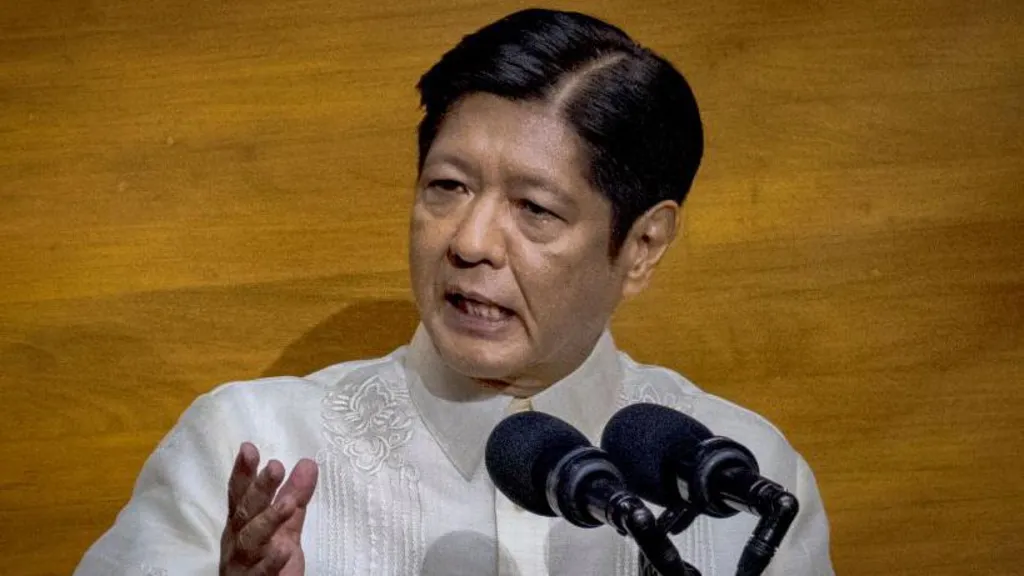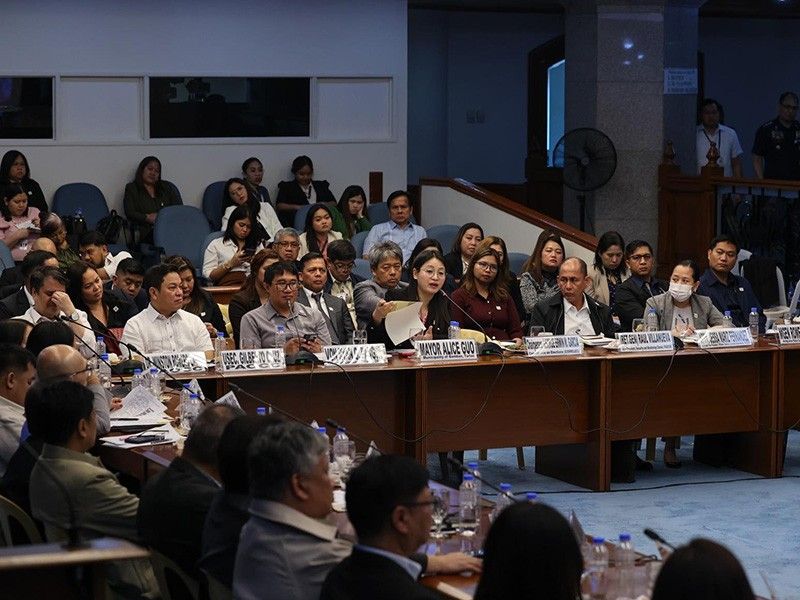Philippines Cracks Down on Online Casinos Amidst Scams and Criminal Activity
President Ferdinand Marcos Jr. has ordered the shutdown of a network of online casinos in the Philippines. These casinos, known as POGOs (Philippine Offshore Gaming Operators), have links to criminal activities.
POGOs: Targeting Chinese Players and Beyond
Primarily, POGOs target players in mainland China, where gambling is illegal. However, they have also become a front for illicit operations. These operations include, for instance, telecommunication scams and human trafficking.
A Shift in Policy
POGOs thrived under former President Rodrigo Duterte, who fostered closer ties with China. However, President Marcos Jr. has a different approach. In his annual address to parliament, he demanded an end to the “desecration of our country,” referring to the criminal activities of POGOs. “Disguising as legitimate entities, their operations have ventured into illicit areas furthest from gaming,” he stated. These areas include, specifically, financial scamming, money laundering, prostitution, human trafficking, kidnapping, brutal torture, and even murder. (Source: BBC News)
Regulatory Action and Economic Impact
Consequently, the Philippine gaming regulator acted swiftly. On Tuesday, it announced license cancellations for POGOs. The sector will, therefore, wind down by year’s end. (Source: BBC News)
The POGO industry is substantial. It consists of over 400 licensed and unlicensed entities. These entities directly and indirectly employ about 40,000 people, according to government estimates. Furthermore, the industry generates about 166.5 billion pesos ($2.9 billion; £2.2 billion) annually. This includes tax and gaming revenues. Nevertheless, its economic costs are higher, estimated at 266 billion pesos annually. (Source: BBC News)
Criminal Connections and the Alice Guo Case
The link between POGOs and crime is now in the national spotlight. For example, a POGO in a small town was a front for a scam center. The town’s mayor, Alice Guo, is suspected of being a Chinese spy. She is currently in hiding. (Source: BBC News)
Clandestine Hospitals and Further Investigations
Moreover, POGOs have been linked to secret hospitals. These hospitals reportedly serve online casino workers. They offer, for instance, plastic surgery to fugitives and scam center employees, helping them evade arrest. (Source: BBC News)
Lack of Comment and the Future of POGOs
The BBC, additionally, contacted POGO businesses and employees. They declined to comment. (Source: BBC News)
In conclusion, this crackdown is a major policy shift. The Philippines is tackling online gambling and transnational crime. Undoubtedly, the closures will have economic consequences. However, the government prioritizes national security and public safety.
SOURCE: BBC.COM



